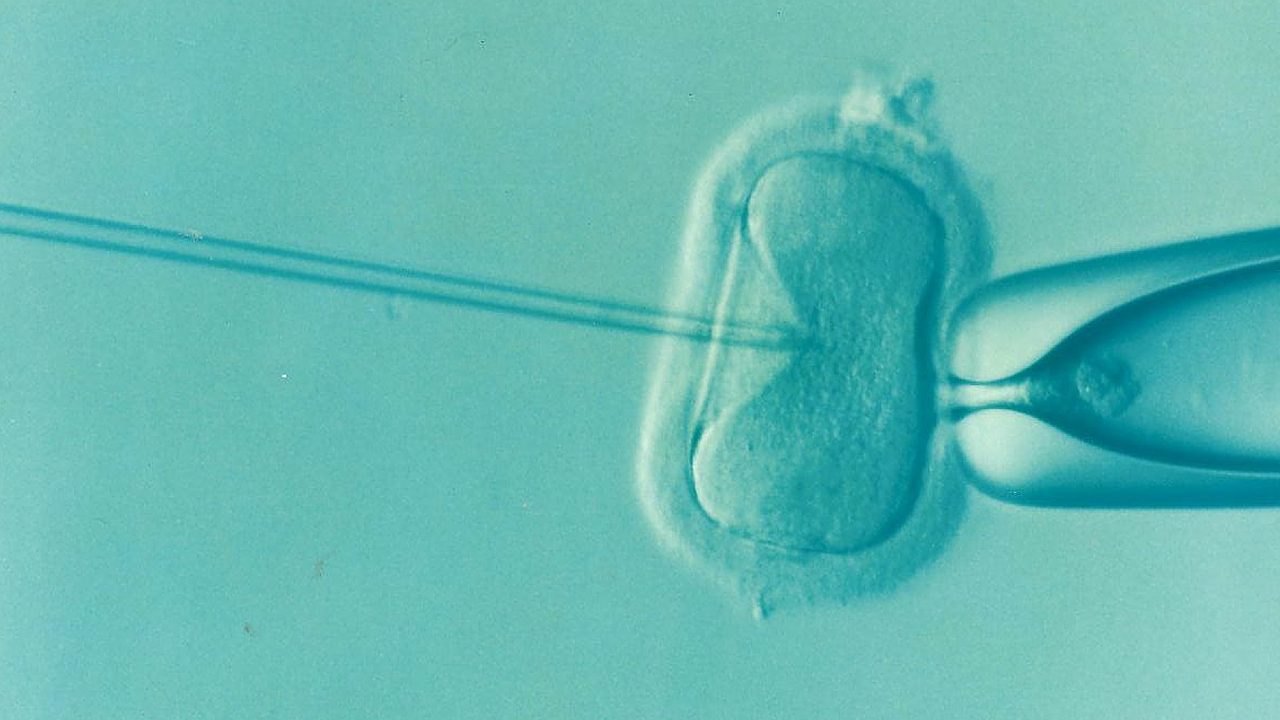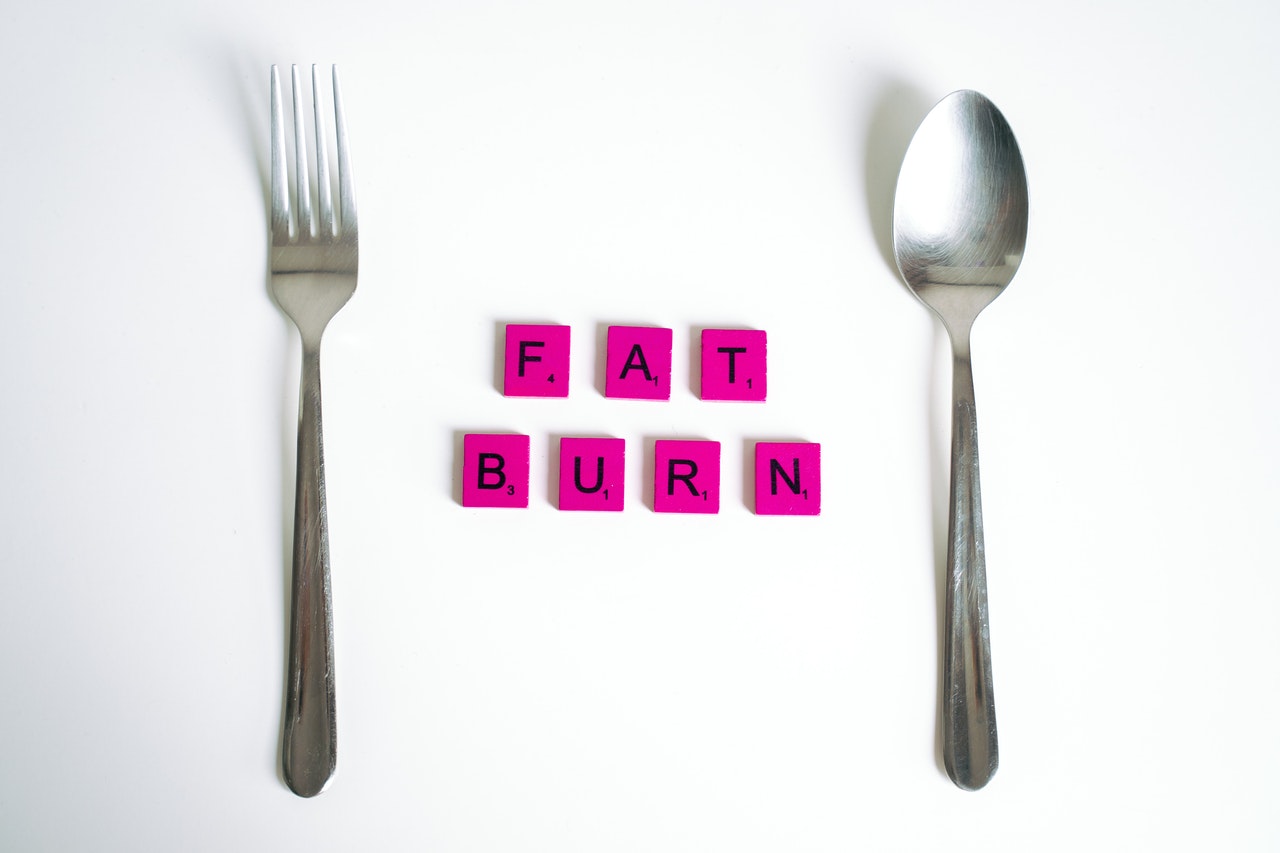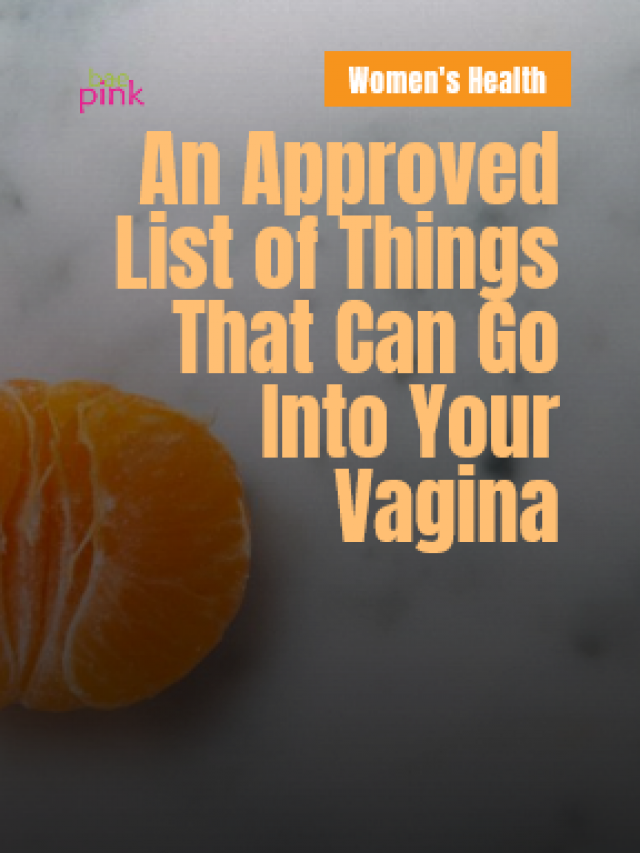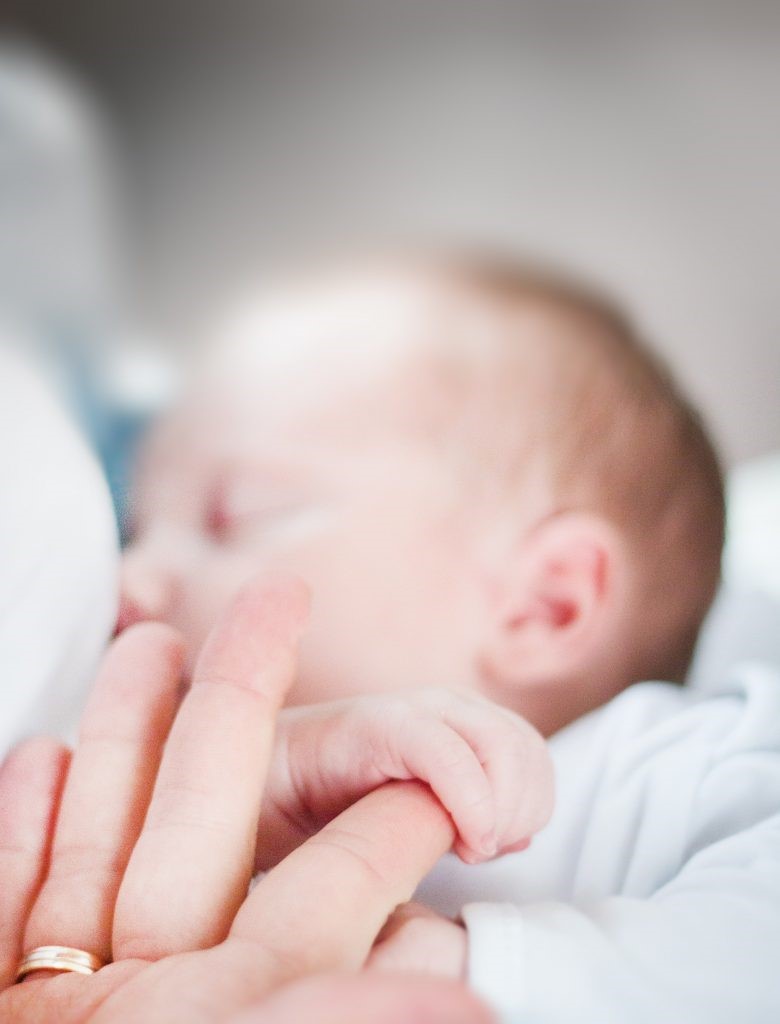Infertility is a widespread problem estimated to affect between 8 and 12% of reproductive-aged couples.
Infertility is defined as the failure to establish a clinical pregnancy after 12 months of regular and unprotected sexual intercourse

Female infertility
Infertility has notable consequences for couples and families. A woman’s odds of having a healthy baby may be affected by factors such as weight, diet, intimate health, smoking, infections, medical conditions, medications, and family medical history. Nevertheless, there is no modern guideline about what pre-pregnancy advice should be offered to couples opting for infertility treatment.
It is necessary to ascertain what pre-pregnancy guidance to be given about such factors to help them deliver a healthy baby.
The decline in women’s fertility starts at the age of 25-30. The last age for possibly conceiving naturally is 40-41 years.
Even women who have delivered a healthy baby before may also suffer from infertility when trying to conceive the second time. In such cases, infertility is due to reproductive tract infections. Which is the most common form of female infertility around the world.
Healthy vagina
A July 2021 published study, showed that women with a bad vaginal environment had fewer chances of getting pregnant in one year than women with a healthy vaginal environment. These are the 4 parameters that are taken into consideration to judge the health of the vaginal microenvironment:
- Vaginal pH,
- Clue cell examination,
- Whiff test and
- Vaginal cleanliness grading
These parameters guide us about the possibility of conceiving and indicate that a poor vaginal environment was seen among women who had more than one pregnancy and women with irregular menstruation.
Vaginal pH:
Vaginal pH is a quick, inexpensive, bedside diagnostic test. Vaginal pH should be between 3.8 to 4.5 to keep the vaginal environment healthy.
As per a Phemale Study, a woman’s vaginal pH is a marker of vaginal health. A woman’s vaginal pH has many effects on her health. It is also useful as a tool for the diagnosis and prevention of disease. There are specific bacteria that help protect the body from foreign microbes. These friendly vaginal bacteria are named lactobacilli. These lactobacilli bacteria produce lactic acid and are known to benefit in protection against reproductive tract infections. Lactobacilli have been shown to hamper infectious processes in various ways, like
- Stopping the pathogen growth,
- Attachment of infection-causing bacteria to host cells,
- Creating of biofilms as barriers, and
- Controls cytokine (cytokines help in controlling the growth and activity of other immune system cells).
There are studies confirming associations between increased pH and/or BV and preterm delivery, early and late spontaneous abortions
Clue cell examination:
- Clue cells are cells in the vagina covered with bacteria.
- If clue cells are seen, it means there is a vaginal infection. Clue cells are the most reliable in indicating vaginal infections.
- And vaginal infections like bacterial vaginosis may contribute to spontaneous abortion and second-trimester miscarriage.
- Moreover, one of the studies conducted on first-trimester abortion women were examined. It was found that women with clue cells in vaginal discharge had a higher risk of pelvic inflammatory diseases after first-trimester abortion.
Whiff test:
- A whiff test is done to check vaginal infections
- A fishy odour during the test confirms the presence of vaginal pathogens
Vaginal cleanliness grading:
Grading of “vaginal cleanliness” by wet mount microscopy
- Grade I~II means normal vaginal cleanliness (more of good bacteria and no/ pathogens),
- Grade III~IV means abnormal vaginal cleanliness with inflammation (less or no good bacteria and more pathogens).
- Higher grades suggest the existence of vaginal inflammation
| Grades | Bacillus (Good bacteria) | Coccus (Pathogens) |
| I | ++++ | – |
| II | ++ | – |
| III | – | ++ |
| IV | – | ++++ |
Not only for conception, but generally it is advisable to maintain a healthy vaginal environment. Keeping the vagina acidic helps in avoiding many kinds of vaginal infections. The good bacteria bacillus will help in maintaining the vaginal pH to acidic. When conception doesn’t take place naturally, artificial methods like IUI, IVF etc will be of great assistance.
Vaginal health is one of the key factors associated with infertility. This highlights the importance of maintaining good vaginal health throughout the reproductive years. In infertile women, it will help in improving the chances of conception.
























